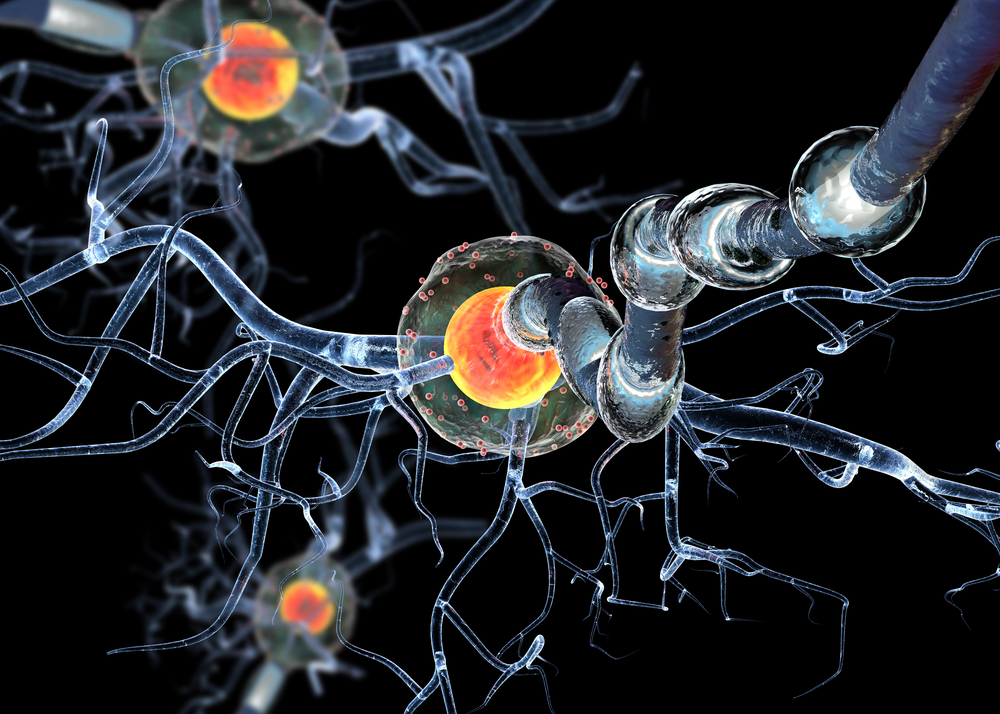Mitochondria Successfully Treated with Novel Oxidative Stress ‘Scavengers’ in Alzheimer’s Mouse Model

Targeting mitochondria with ceria nanoparticles effectively suppressed the death of neuron cells in a mouse model for Alzheimer’s disease, according to the recent study, “Mitochondria-Targeting Ceria Nanoparticles as Antioxidants for Alzheimer’s Disease,” published in the ACS Nano journal.
Mitochondrial oxidative stress is known to promote the pathological progression of neurodegenerative diseases, including Alzheimer’s disease. Oxidative stress occurs when there is an imbalance between the production of reactive oxygen species and the body’s capacity to remove or neutralize their damaging action. Oxidative stress in mitochondria results in mitochondrial dysfunction, which can ultimately lead to neuronal cell death.
Researchers at the Center for Nanoparticle Research within the Institute for Basic Science (IBS), in collaboration with colleagues at Seoul National University, developed a novel mitochondria-targeting ceria nanoparticle that works as a powerful and recyclable scavenger of reactive oxygen species. Ceria nanoparticles that selectively target mitochondria, therefore, are a potential therapeutic approach for neurodegenerative diseases. To test their efficacy, the team of scientists investigated the effect of this therapeutic agent in suppressing the pathogenesis of Alzheimer’s disease using an in vivo transgenic mouse model for the disease.
The researchers targeted the ceria nanoparticles directly to mitochondria in the mice by using small, mitochondria-targeting materials (triphenylphosphonium-conjugating). Two months after injection, researchers observed that not only were the ceria nanoparticles localized in mitochondria, but they also effectively suppressed the death of neuron cells in the brains of the Alzheimer’s mice. The particles’ mode of action does not affect the accumulation of amyloid beta plaques (a characteristic Alzheimer’s feature), since researchers observed no differences in the brains of ceria nanoparticles-treated mice and non-treated mice.
In conclusion, the results suggested that mitochondria-targeting ceria nanoparticles are a promising new therapeutic approach to target mitochondrial oxidative stress, preventing neuron cell death in Alzheimer’s disease.
“This study is quite remarkable in that the collaborative research between nano science and biomedical science has led to a potent therapeutic agent against reactive oxygen species in the mitochondria, which is deemed to be one of major culprits in a number of diseases,” Taeghwan Hyeon, the study’s lead author and the IBS Center’s director, said in a press release.






